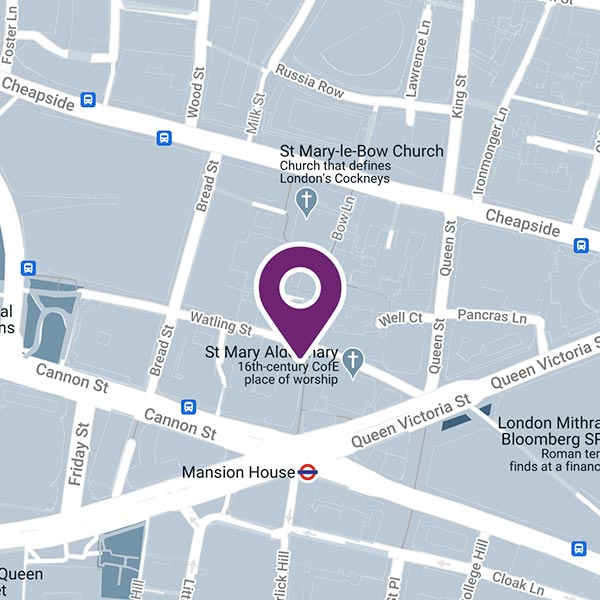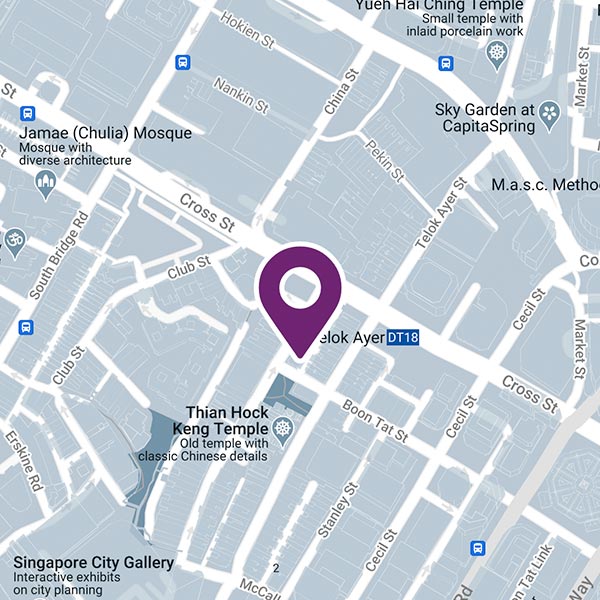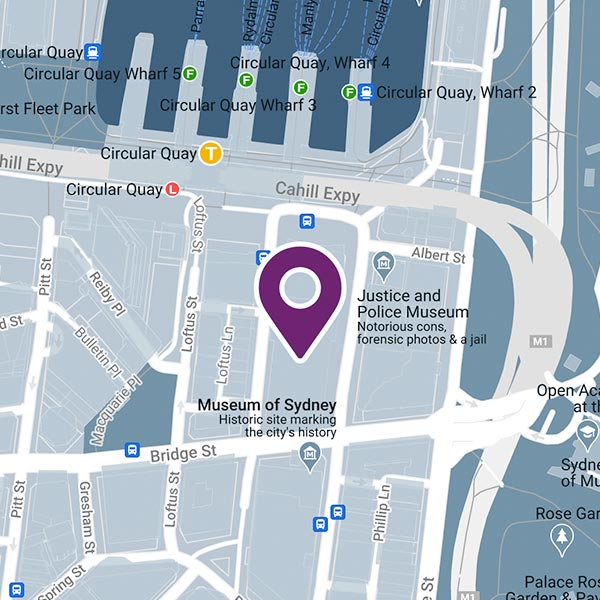When it comes to diversity, equity, and inclusion (DEI) initiatives, organisations can often expect pushback from individuals or groups who feel threatened by them. This resistance can take many different forms, such as questioning the need for DEI work in the first place, resisting change, or actively working against the implementation of DEI initiatives. While it's impossible to please everyone all the time, there are ways to overcome pushback to DEI efforts without alienating members of historically dominant groups who may view these initiatives as a threat to their individual or social identities. This article will identify five common types of pushback and offer strategies for tackling them head-on.
Why is DEI work important?
One of the most common forms of pushback is the question, "Why is this work important? We're already a diverse and inclusive organisation." This type of resistance often comes from individuals or groups who see DEI initiatives as unnecessary or even harmful. To overcome this form of pushback, it's important to emphasise the business case for DEI work. Organisations that are more diverse and inclusive tend to be more innovative and productive. In other words, DEI work is not only the right thing to do, but it also makes good business sense. A recent study by McKinsey found that organisations "in the top quartile of gender diversity on executive teams were 25 percent more likely to experience above-average profitability than peer companies in the fourth quartile."
Change is hard
Another common form of pushback is resistance to change. This can manifest itself in many different ways, such as "this is the way we've always done things" or "we don't need to fix what isn't broken." To overcome this type of resistance, it's important to emphasise that DEI initiatives are not about changing who we are as an organisation but rather about making us better. Inclusion is not a zero-sum game where someone has to lose in order for someone else to win. When we embrace diversity, we all benefit.
I'm not comfortable with this
The third form of pushback is discomfort with the DEI work itself. This can manifest itself in many ways, such as feeling like one's personal space is being invaded or feeling like the work is too personal. To overcome this type of resistance, it's important to emphasise that DEI work is not about changing who we are as individuals but rather about understanding and respecting the differences between us. This type of work can be difficult and uncomfortable at times, but it's important to remember that we're all in this together.
This isn't my responsibility
The fourth form of pushback is the belief that DEI work is someone else's responsibility. This can manifest itself in many ways, such as "I'm not the Diversity Officer" or "This isn't my job." To overcome this type of resistance, it's important to emphasise that DEI work is everyone's responsibility. We all have a role to play in creating a more diverse and inclusive world.
I don't see colour/gender/etc.
The final form of pushback is the belief that we should not "see" differences like race, gender, or sexuality. This can manifest itself in many different ways, such as "I'm colourblind" or "I don't see gender." To overcome this type of resistance, it's important to emphasise that diversity is not about making everyone the same. It's about valuing and respecting the unique experiences and perspectives that each of us brings to the table.
These are just a few of the many forms of pushback you may encounter when working on DEI initiatives. The most important thing to remember is that you are not alone. We are all in this together. By working together, we can overcome any resistance and create a more diverse and inclusive world for everyone.












